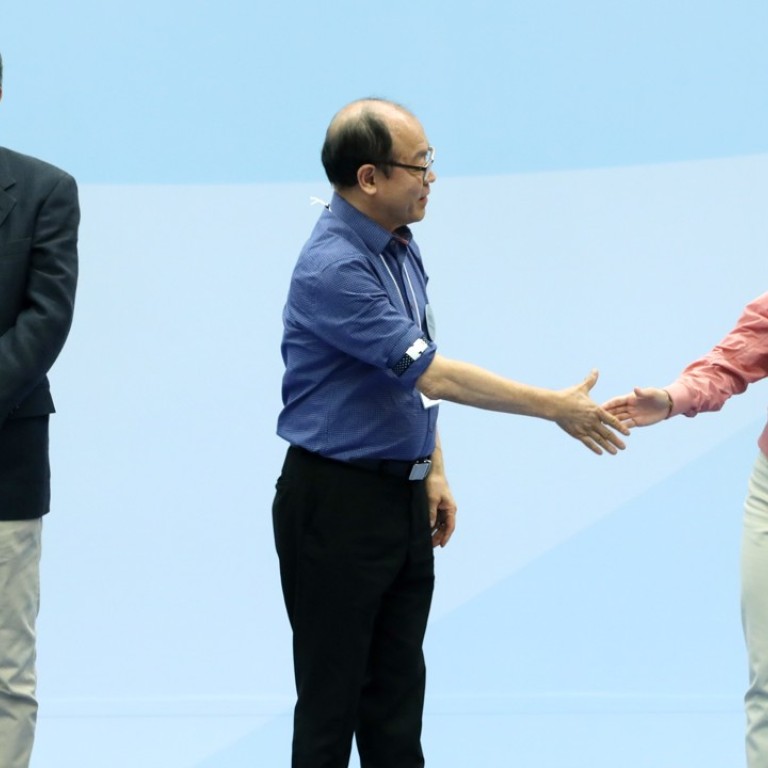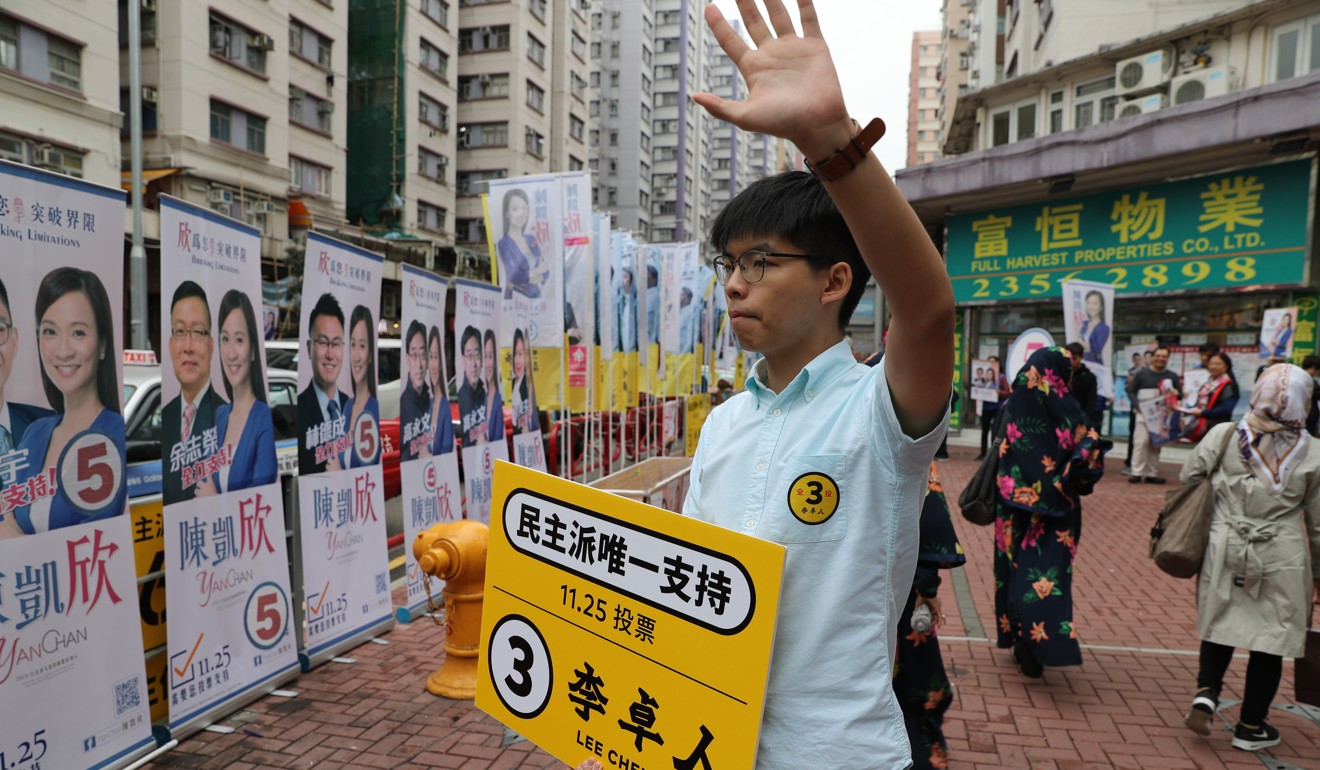
Lee Cheuk-yan’s by-election defeat is a wake-up call for Hong Kong’s pro-democracy camp
- Albert Cheung says Hong Kong’s pro-democrats need to come back down to earth, and the grass roots, if they are to have any hope of keeping their seats in the upcoming elections and regaining their veto power
Still, there are plenty of reasons for the defeat. This is the second time in eight months the pan-democracy camp has lost a by-election. The days of the so-called 6:4 golden ratio – when the pro-democrats always captured 60 per cent of the votes, versus the pro-establishment parties’ 40 per cent – are basically over. If the pro-democrats persist with their outdated visions and do not face reality, they are likely to suffer an even more brutal defeat in the upcoming District Council and Legco elections.
But in the 2012 Legislative Council election, the magic of the golden ratio started to fade. Localism was rising and the pan-democracy camp took fewer than 60 per cent of the votes, even though it still had more support than the pro-establishment parties. But by then, the public was voting for the pro-democrats – some of whom were underperforming or not performing at all – simply because they wanted to retain the camp’s critical veto power in the legislature.
Also, the pan-democracy camp’s campaign must have been put together in an ivory tower. It brought out its big guns to generate voter excitement – so-called famous politicians whom millennials have probably never heard of.

Grass-roots voters care the most about tangible, instant benefits
Kowloon West consists of many old districts, where grass-roots voters care the most about tangible, instant benefits. The pro-democrats have been focusing on political issues and neglecting livelihood concerns. The middle class has never approved of Lee because of his pro-labour background; but in the end, he not only failed to win over young voters but also lost grass-roots support.
What’s done is done. Looking ahead, if the pro-democrats do not prioritise the general public’s concerns, if they continue to focus on political struggles but fail to address the community’s needs, they are doomed to fail in the upcoming elections. How are they going to regain their veto power, if they can’t even keep their existing seats?
Albert Cheng King-hon is a political commentator. [email protected]

